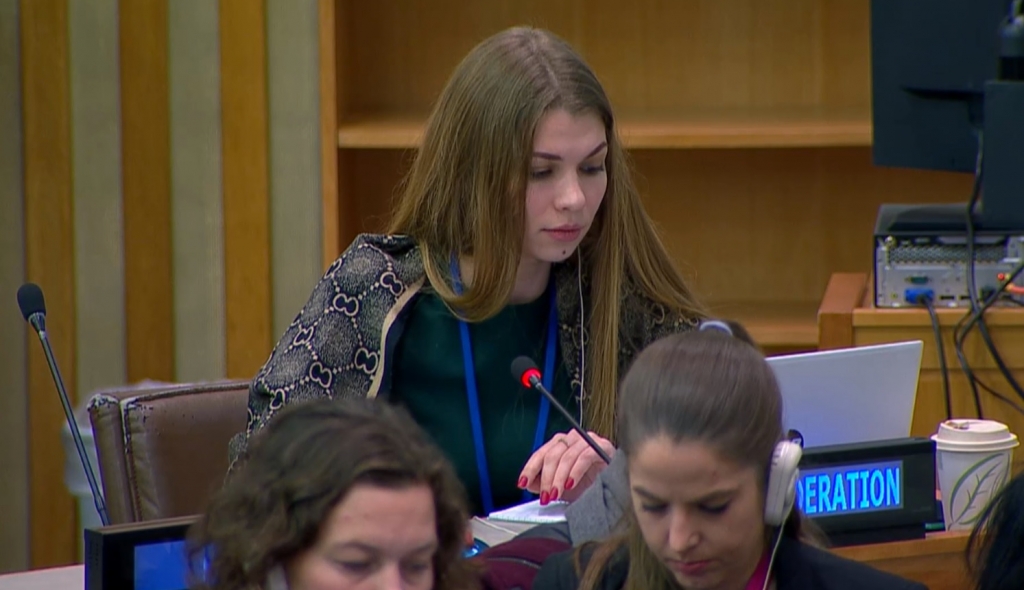Right of reply by Representative of the Russian Federation Ms.Irina Tyazhlova at the Sixth session of the UN Open-Ended Working Group on security of and in the use of ICTs 2021-2025
Mr. Chair,
Our delegation has to take the floor to respond to unsubstantiated political invectives against Russia made by Western delegations.
Firstly, those who come up with such insinuations demonstrate disrespect for the Chair of the Group and all its participants. They waste the time that is meant for discussing the mandate of the OEWG: this result in time pressure which forces the Chair to speed up the statements of other delegates. This is due to the fault of individual states that seek to turn discussions in the OEWG into a political farce.
Secondly, as was mentioned in our previous statement, any accusations of States of malicious use of ICTs should be substantiated. Russia has not been provided with such facts. Dedicated channels for the exchange of information between competent agencies have not been used – neither bilateral nor those existing within the OSCE, which the representative of Germany spoke about.
Thirdly, NATO countries simply do not have the moral right to express any claims to Russia. It is your governments that develop doctrinal documents justifying offensive use of ICTs, practice scenarios of attacks against “undesirable” regimes, provide perpetrators with detailed instructions for computer attacks, and carry out or encourage electronic surveillance and interception of citizens’ data around the world in violation of their national and international legislation. Moreover, all this is being done contrary to false statements about commitment to non-interference in the internal affairs of States, protection of democracy, human rights and fundamental freedoms.
It is high time for the members of NATO to stop portraying Ukraine as a victim of aggression in information space. We are well aware of their support to “Zelensky regime” for carrying out computer attacks on the critical infrastructure of Russia. These are not groundless accusations – our competent agencies take record of all such cases. Moreover, the Ukrainian authorities themselves acknowledge the acts of sabotage committed by their country with the use of ICTs. Just last month the State Intelligence Directorate of the Ministry of Defense of Ukraine took responsibility for computer attacks on the information resources of the Federal Air Transport Agency of the Russian Federation and the Russian Ministry of Labor aimed at stealing confidential data.
Other numerous malicious activities with the use of ICTs were perpetrated by the so-called “IT army” – a gang of cybercriminals and telephone scammers controlled by the Ukrainian Ministry of Defense and supervised by the Western countries led by the US. We have repeatedly warned that this creation of Washington and its allies will turn against ordinary Europeans. That is what has happened. In November 2023, the Hungarian authorities reported that the majority of funds stolen in their country through ICT crimes, including telephone fraud, ended up in Ukraine.
States should search for ways of settling contradictions and mutual claims by peaceful means – that would serve true interests of strengthening peace and security in information space. Existing communication channels between competent authorities, including computer incident response teams (CERTs), serve precisely this purpose. We hope that the establishment of a global intergovernmental Points of Contact Directory will facilitate professional and depoliticized interaction between authorized agencies on security in the use of ICTs.
Thank you for attention.
